The purpose of this series of posts is to provide a manageable list of fundamental trading rules to help you improve your trading process - regardless of your experience level. I will also explain the rationale behind each rule and highlight its significance. Here is the last in a series of 11 rules that will help you improve your returns and reduce your trading losses.
Rule #11: Learn From Your Mistakes
There are many ways to learn more about trading: blogs (of course), magazine articles, books, seminars, webinars, educational CDs and DVDs, and mentoring programs. I highly recommend all of these methods, but the best and most indelible lessons come from examining your own losses and mistakes.
Many professional traders recommend keeping a trade journal, which should facilitate the learning process - at least in theory. I personally don't have the time, energy, or patience to write up every trade. In addition, given that the vast majority of my trades originate from systematic strategies, I already know why I entered and exited the trade. Furthermore, recognizing a mistake is a good first step, but does not guarantee that you will not make the same mistake again.
Instead, I find the key is to first recognize the mistake, then identify the reason it occurred, AND make a permanent change to the investment process to prevent a related slip-up from ever happening again. In other words, add a specific, objective rule or step to the investment process to prevent a similar error in the future. Of course, in order to do this, you must first have an investment process (Rule #4).
So far I have focused on mistakes, not on losses. Losses are more painful and memorable than gains, but we all make mistakes on winning trades as well. A mistake that turns what should have been a 25% gain into a 5% gain still costs us 20%, even if is not classified as a loss.
It is also important to recognize that losing trades are not necessarily mistakes. If you have a logically sound investment strategy that has proven to be successful in the past and you followed the rules of that strategy precisely and you still got stopped out for a loss, that would not be mistake. Every trading strategy incurs losses.
However, in some cases, losses can help identify missing variables in your investment strategy. If some quantifiable factor in the current environment is very different from past environments and that factor was the primary cause of a losing trade, then it may be possible to add that factor to the model and prevent similar losses in the future.
While a systematic strategy includes a specific, objective set of rules and filters, those rules and filters can and should evolve over time (but never while you have open positions for that strategy). Investing the time to evaluate the reasons for your losses and mistakes can be productive, but only if you also make the requisite changes to your investment process to prevent recurrences in the future.
Conclusion
I hope you found this series to be helpful. If you are an experienced trader, sometimes making one or two simple changes to your investment process can make a profound difference in your results. If you are new to trading, please consider all of these rules carefully as you develop and implement your trading strategies.
Feedback
Your comments, feedback, and questions are always welcome and appreciated. Please use the comment section at the bottom of this page or send me an email.
Do you have any questions about the material? What topics would you like to see in the future?
Referrals
If you found the information on www.TraderEdge.Net helpful, please pass along the link to your friends and colleagues or share the link with your social network.
The "Share / Save" button below contains links to all major social networks. If you do not see your social network listed, use the down-arrow to access the entire list of social networking sites.
Thank you for your support.
Brian Johnson
Copyright 2012 - Trading Insights, LLC - All Rights Reserved.




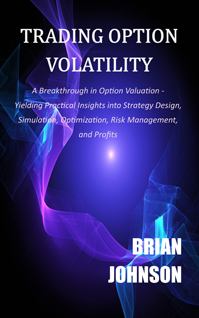
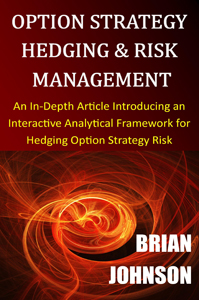
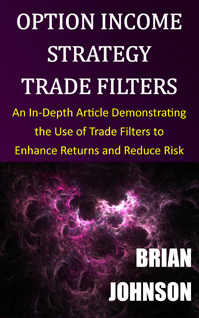
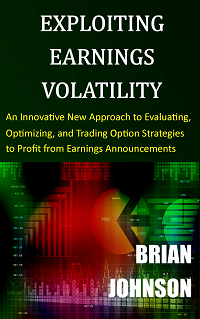
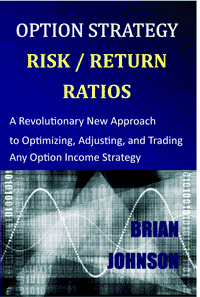


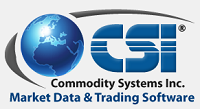

Pingback: 11 Rules To Improve Your Trading « TraderHacks